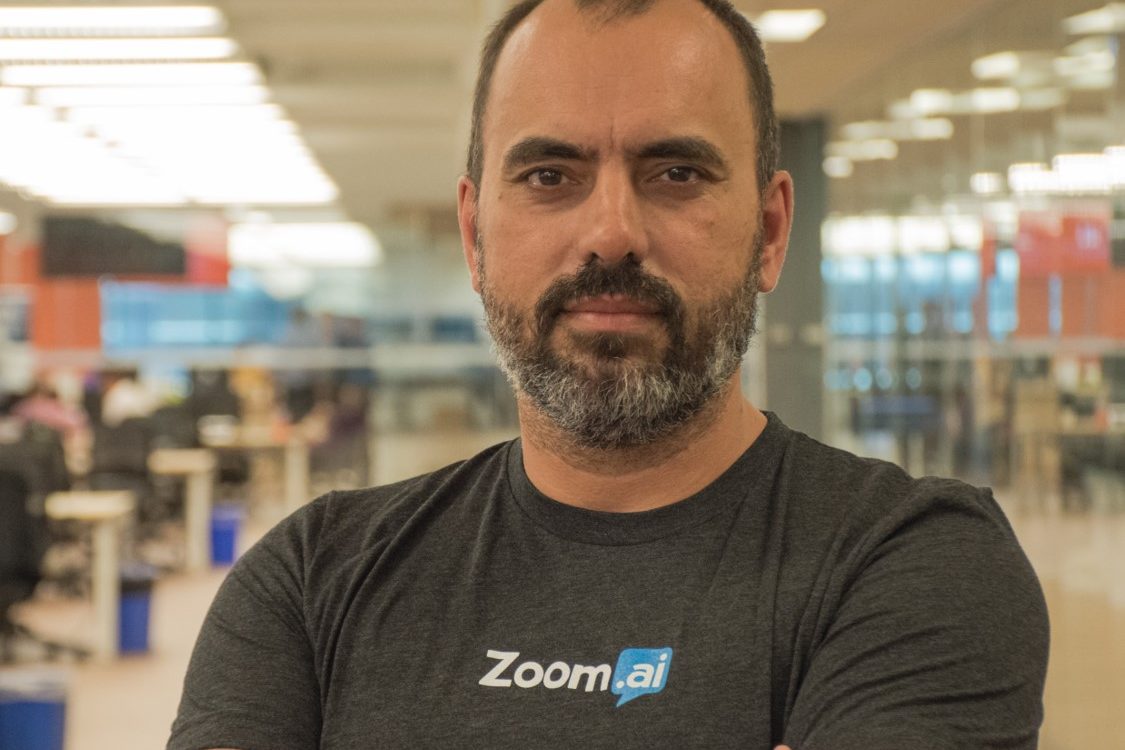How AI Tools are Making Workplaces More Productive
Voice-commanded assistant tools from Google and Amazon have quickly become standard in our homes, but the real next frontier for AI-powered tools is our workplaces.
Household helper bots may save us a few seconds by telling us the weather or a dinner recipe. However, the introduction of AI tools like virtual assistants in the enterprise opens up enormous potential to disrupt existing workflows. They can boost productivity by taking menial tasks off our plate so we can focus on more creative, high-value activities.
AI is invading the back office
One key area already being changed by AI tools is the back office. Given modern AI’s ability to make quick work of mundane, repetitive tasks, it’s not surprising that back office grunt work is fertile ground for automation.
An example of this includes the workplace staple of back office paperwork, such as travel and expense forms. Not long ago, auditing expenses required significant human labor. Now, AI- powered software like AppZen can comb through reports in real-time, cross-check merchants and even spot unauthorized hotel upgrades and room service.
AI tools are also making inroads in compliance departments. Aided by machine learning algorithms, this field already has a buzzy name — regtech — and a large target: the billions of dollars banks spend on compliance every year. HSBC, a bank that dedicates a staff of thousands to anti-money laundering compliance, reduced its number of investigations by 20% when it tried out anti-fraud AI. AI tools are driving similar paperwork advances in automating legal work like discovery, due diligence and contract reviews, letting lawyers work on more high-value, rewarding tasks.
AI is handling boring admin tasks like booking meetings
It’s estimated that managers spend nearly an hour a day scheduling meetings, a big waste of time that would be more productively spent doing, well, basically anything else.
AI-powered assistants can take the meeting setup process off your hands entirely. One major annoyance solved by automated assistants is the need to hunt through your invitee’s calendar to find a day and time that works for both of you — an inefficiency nightmare that multiplies with each participant. Advancements in AI have given us tools that can do the legwork for us. Scheduling AI software has also gotten a lot smarter in the last few years, going from a special service you CC on emails to an assistant you command on your chat platform of choice (Slack, etc).
AI is making HR better and improving workplace happiness
Human resources staff will find that AI gives them more time to deal with important duties while expediting thankless tasks.
No less than NASA has begun using AI tools to deal with new personnel workflows and tasks associated with position changes, reducing the time spent on a once-lengthy HR process down to under an hour. Google developed an in-house tool that suggests interview questions matched to the position, with great success. Other AI startups are working on tools to reduce hidden hiring biases and create more diverse workforces that, aside from fairness, have higher performance. AI is even helping HR write more accurate job listings that attract more qualified candidates.
Reducing burnout and monitoring employee engagement levels are two other major HR problems AI can help with. Though this is a young field, we are already seeing startups providing analytics-driven dashboards on key employee happiness metrics. The potential here is huge, and can head into new territories for HR, like employee mood monitoring.
When HR becomes friendly with AI, the productivity benefits extend beyond the HR department’s doors to the entire workplace itself.
AI is here, and it’s getting smarter
The takeaway is this: AI tools have already arrived in the office. They’ve set up a beachhead with tools for low-hanging tasks like scheduling and repetitive paperwork and are now expanding into the world of more complex activities.
This isn’t to be feared, but welcomed, as AI-powered software like virtual assistants can free us up for more productive uses. Indeed, a recent survey found 66% of UK professionals are eager for AI to share their workloads.
As underlying AI technology like natural language processing and machine learning improves, expect rapid advancements in the complexity of workplace tasks AI can handle, and exponential growth in AI-driven tools and applications that let you maximize productivity and spend more time on creative and challenging work.
Roy Pereira is the Founder and CEO of Zoom.ai. A serial entrepreneur, Roy began his first startup after attending Carleton University’s computer science program. Since then he’s created several startups and worked with numerous tech companies based in Silicon Valley and Toronto.






